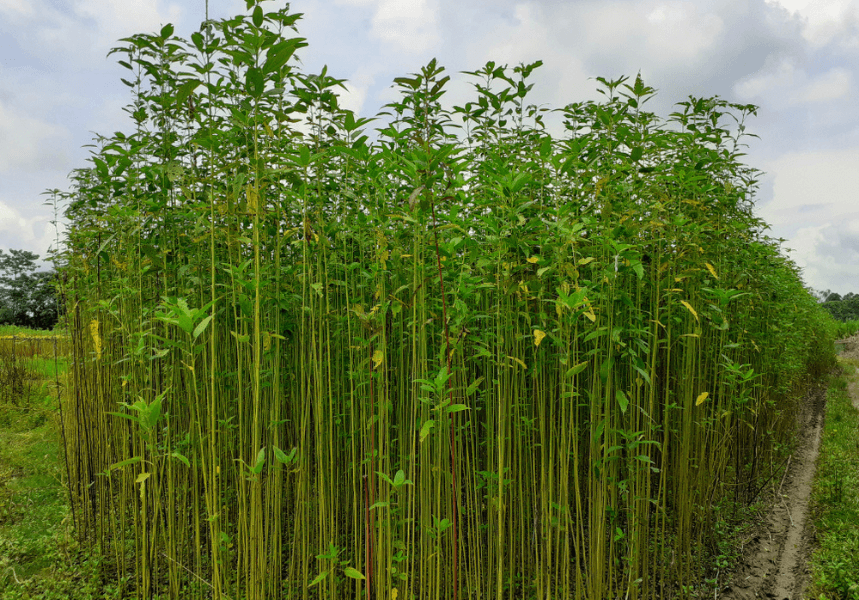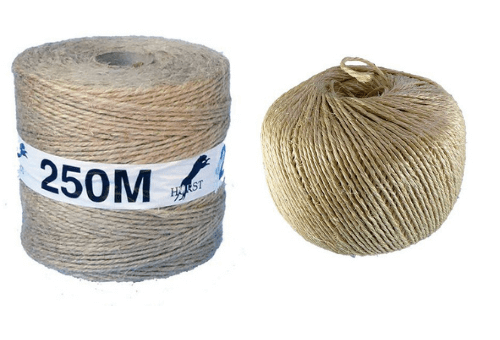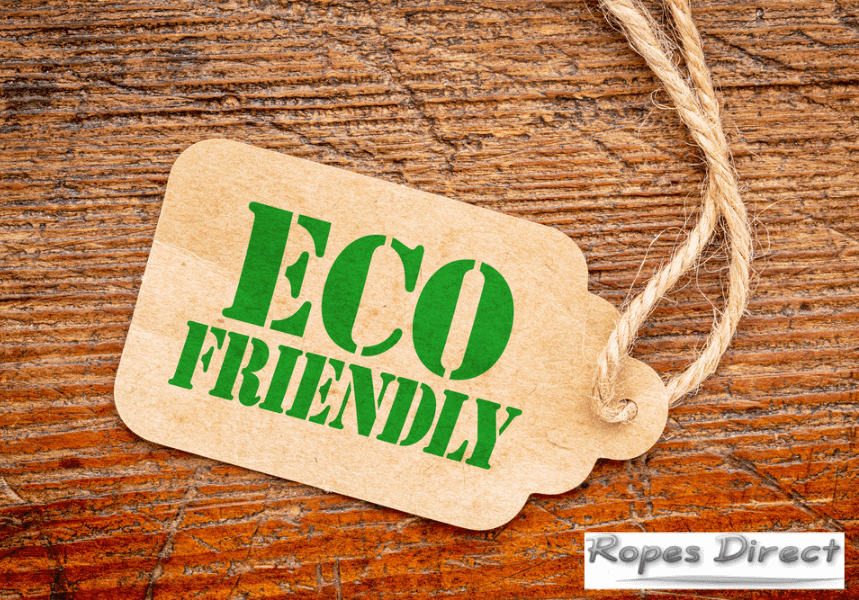Cotton has been the world’s most widely used natural fibre for a long time. But here at RopesDirect, we’ve noticed that jute and sisal are starting to overtake King Cotton. And with sustainability becoming increasingly important, across pretty much every industry, it’s no surprise these natural fibre ropes are popular.
Twine is a product typically made from jute or sisal.
100% natural, it ticks all the right boxes in terms of its eco-credentials. In fact, experts now predict that – due to its beneficial characteristics and features – it will become the most widespread fibre of the future.
Here we take a closer look at why it’s so kind to the environment.
Why is jute and sisal twine eco-friendly?
Plant-based
Sisal and jute twine are both derived from plants (Corchorus Capsularis and Agave Sisalana, respectively). These plants typically reach their maturity within 4-6 months and a crop can be replenished very quickly. As such, they’re an efficient, renewable and incredibly sustainable resource.
Less land is also required to cultivate the crop, which reduces the need to encroach on natural habitats and ecosystems.
No pesticides
Jute and sisal plants benefit from natural UV protection, and they can grow without fertilisers or pesticides. To cultivate successfully, all that’s required is a combination of standing water and alluvial soil (i.e. soil deposited from streams that’s rich in vitamins and minerals).
The plants also naturally enhance the soil’s fertility. Which means more nutrients and fewer pests for the next crop.

Carbon neutral
The production of jute strings and sisal twines has very little impact on the atmosphere.
For a start, jute and sisal plants absorb carbon dioxide (CO2) and release oxygen (O2) much faster than trees. One hectare is believed to absorb around 15 tons of CO2 and release 11 tons of O2 in just one growing season. And compared to many other plants, they need a lot less water to grow, relying solely on natural rainfall – rather than an energy-consuming irrigation system.
What’s more, as the fibres are harvested and extracted manually, fewer industrial processes are required to make a usable twine – and their production is often deemed ‘carbon neutral’.
Biodegradable
Jute and sisal are 100% biodegradable. Rather than adding to landfill sites, twines made from these fibres will biologically degrade in as little as 1-2 years. And they emit very low levels of volatile organic compounds (VOCs) – a variety of chemicals that can pollute air quality.
They’re also recyclable and compostable, and scraps are often used for organic land fertilisation.
Durability
Due to their inherent strength, jute and sisal twines are extremely durable products and resilient to wear and tear. Not only are they plastic-free, they can be used time and time again. And an increase in their usage could help to counteract the use of harmful plastics.
Eco-friendly twines available at RopesDirect
Here at RopesDirect, we’re proud to be a UK leading stockist of this eco-friendly and sustainable fibre.
As part of our twines and strings range, we currently have a selection of jute and sisal products. All of which are affordably priced, 100% natural, and ready for the future.
Whether you’re looking for a ‘green’ way to wrap parcels and presents, wish to restock your arts and crafts box with environmentally-friendly supplies, or want to create an eco-conscious product, twine is the ideal option.
So why not take a look?
Add a ball of jute string or sisal twine to your basket. Rest in the knowledge that you’ve chosen a sustainable product. And let us know what it’s used for. We love to see our natural twines in action and are intrigued to learn how they can be put to a positive, environmentally-friendly use. Either send a few photos to info@ropesdirect.co.uk or tag us on social media using @RopesDirect.

